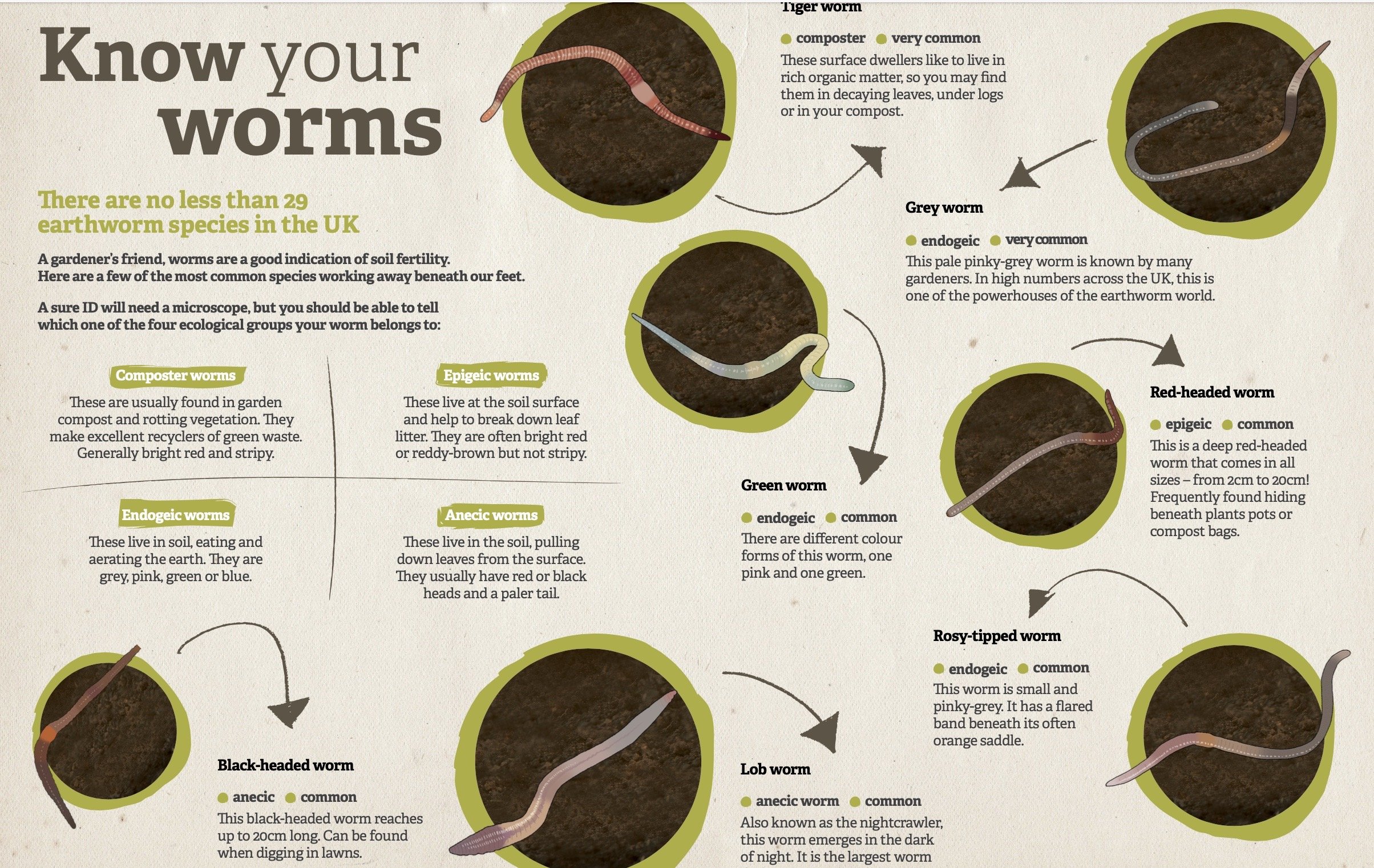Soil Health
Workshop on Soil Health
Earlier this month I spent an interesting day at One Garden in Stanmer Park, Brighton attending a workshop on Soil Health run by Plumpton College. Soil has 3 key components: physical, chemical, and biological. The first two are very much dictated by the underlying bedrock and affect the soil type. The biological component is all about the plant and animal activity in and above the soil, and the residues of organic matter which result. Organic matter, or hummus, is vital for healthy soil.
Photos: One Garden, Brighton and how to assess if your soil is mainly sand, silt or clay
Importance of Organic Matter
Whether your soil is predominantly sand, silt or clay, lots of organic matter is the key to a healthy soil ecosystem. Bacteria and fungi are crucial components of the soil microbiome. They break down organic matter, making nutrients available to plants. Mycorrhizal fungi form symbiotic relationships with plant roots improving nutrient uptake. Along with many other microorganisms these have an important role to play in nutrient recycling.
Earthworms
You probably know that earthworms are very important for soil health, though you might be surprised to learn there are 29 different species in the UK. They are divided into 4 main species groups which perform different functions within the soil. Composter worms recycle green waste, Epigeic worms live on the surface breaking down leaf litter, Endogeic worms aerate the soil, and Anecic worms live in the soil and pull leaves down from the surface.
Earthworms create channels in the soil which improve water infiltration and improve aeration. They consume and breakdown organic matter (dead vegetation), this then passes out the worm as ‘casts’ or worm poo which is full of nutrients. Earthworms are very important to encourage in your garden as they decompose dead plant materials and release essential nutrients. They also provide a tasty meal for a range of animals such as Robins, Blackbirds and Hedgehogs.
Why healthy soil is important
The health of our soil impacts the nutritional content of food because well-balanced soil means plants have access to the wide range of essential nutrients that they require. Healthy soil is also important for water retention. The more organic matter soil contains the more water it can retain. This is important during hot, dry summers. Soil acts as a natural water filter helping purify water as it percolates through the layers. Healthy soil also sequesters carbon, locking it within the soil away from the atmosphere. Healthy soil supports greater biodiversity.
In our gardens there are several things we can do to keep our soil healthy and support its natural ecosystem:
Make your own compost using your garden waste, appropriate food waste and unwanted cardboard. Incorporate it into your flower and vegetable beds adding nutrients and beneficial microbes.
Use well-rotted manure as a natural fertiliser (though pay attention to where it comes from to ensure its doesn’t contain unwanted chemicals)
When growing vegetables rotate crops.
Use the no dig method of cultivation to minimise soil disturbance
Don’t clear away leaves and old growth, allow them to rot down into the soil
Mulch to add organic matter and assist with water retention
Don’t use chemicals
Encourage biodiversity by planting a variety of different plant species because different plants attract different beneficial insects and microorganisms
Be patient! Improving soil health is a gradual process. It takes time for organic matter to break down and for a soil ecosystem to re-balance.
Photos: Homemade compost, leaves and old growth left to rot down.







